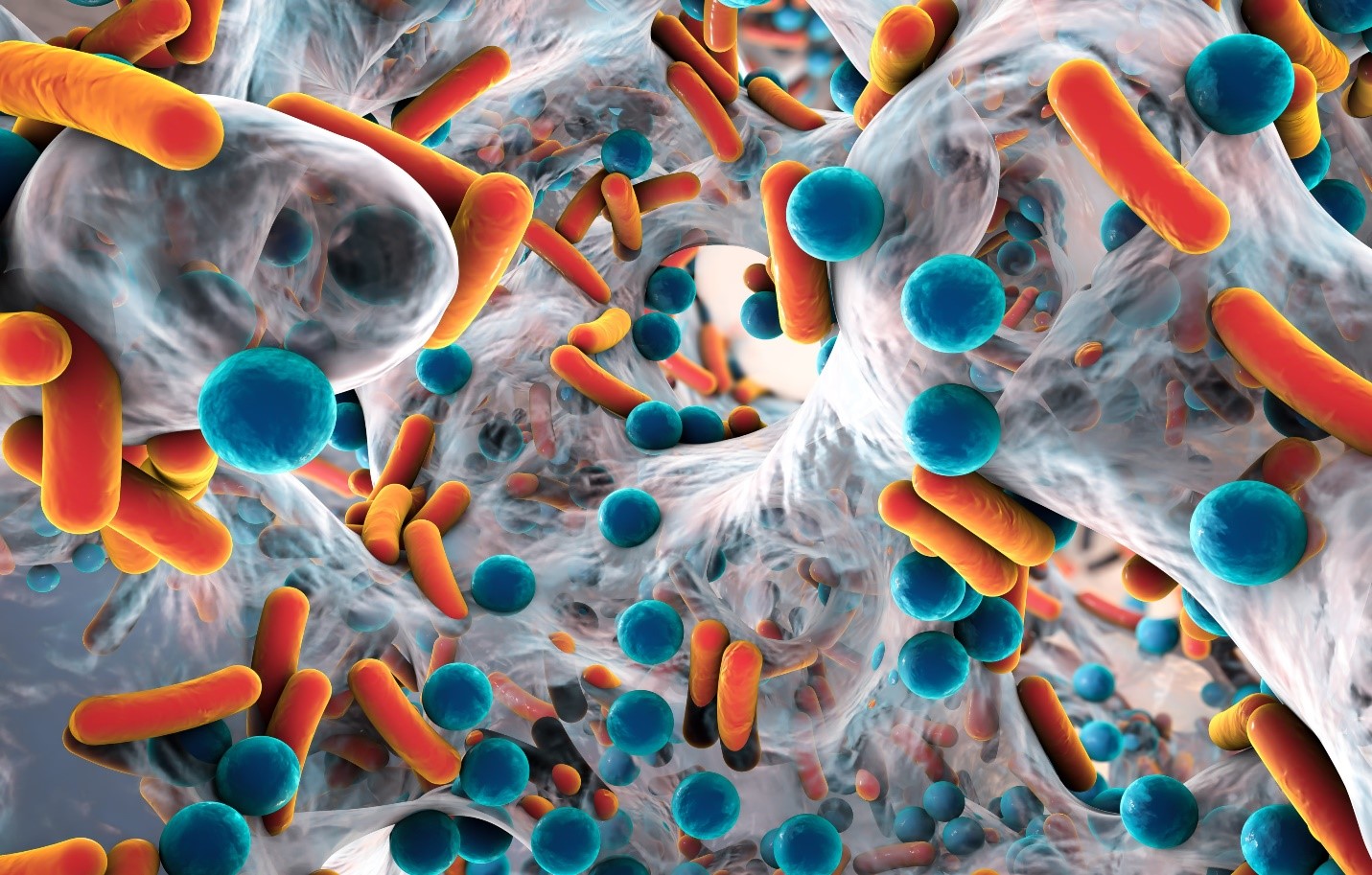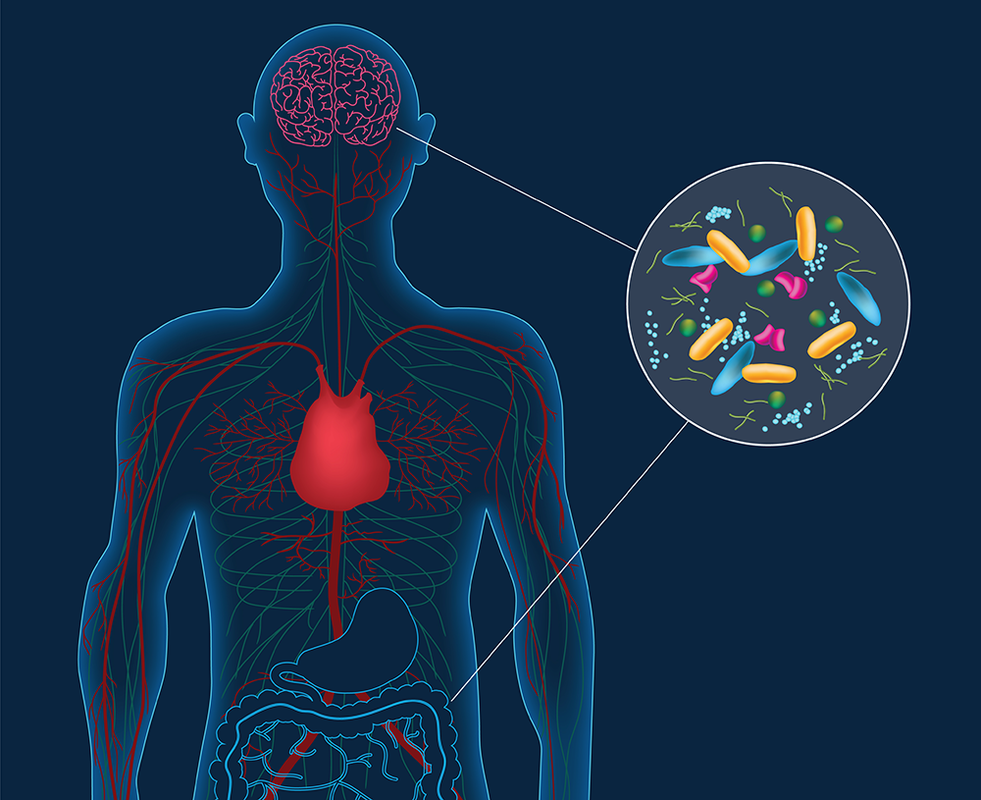
Over the past decade, the scientific community has increasingly turned its attention to the gut, recognizing its critical role in overall health and well-being. Gut health research has unveiled a complex interplay between the gut microbiome and various bodily functions, from digestion to mental health. This article delves into the latest findings in gut health research, shedding light on how maintaining a healthy gut can significantly impact our lives.
The Gut Microbiome: An Overview
The human gut is home to trillions of microorganisms, including bacteria, viruses, fungi, and other microbes, collectively known as the gut microbiome. These microorganisms play a crucial role in various bodily functions, such as digesting food, producing essential vitamins, and protecting against harmful pathogens. The balance and diversity of these microorganisms are essential for maintaining gut health.
Recent Advances in Gut Health Research
1. Gut Microbiome and Mental Health
One of the most groundbreaking areas of gut health research is the connection between the gut microbiome and mental health. Researchers have discovered that the gut-brain axis, a bidirectional communication system between the gut and the brain, plays a significant role in regulating mood and cognitive function.
Recent studies have shown that an imbalance in gut microbiota can contribute to mental health disorders such as depression, anxiety, and even neurodegenerative diseases like Alzheimer’s. For instance, a study published in the journal Nature Microbiology found that individuals with depression had distinct gut microbiome profiles compared to healthy individuals. Probiotics, prebiotics, and dietary interventions are being explored as potential treatments for these conditions.
2. Gut Health and Immune Function
The gut microbiome is also closely linked to the immune system. Approximately 70% of the immune system resides in the gut, making it a critical player in defending the body against infections and diseases. Recent research has highlighted how a healthy gut microbiome can enhance immune function and reduce the risk of autoimmune diseases.
A study published in Cell demonstrated that specific gut bacteria could influence the production of immune cells, such as T-cells, which are vital for immune response. This research opens up new avenues for developing microbiome-based therapies to boost immunity and treat autoimmune conditions.

3. Gut Health and Metabolic Disorders
Gut health research has also revealed a strong connection between the gut microbiome and metabolic disorders, including obesity and diabetes. The composition of gut bacteria can influence how the body processes and stores fat, as well as how it regulates blood sugar levels.
A study published in Nature found that individuals with obesity had a less diverse gut microbiome compared to lean individuals. Moreover, certain gut bacteria were associated with insulin resistance, a precursor to type 2 diabetes. These findings suggest that modifying the gut microbiome through diet, probiotics, or fecal microbiota transplantation (FMT) could be a potential strategy for managing metabolic disorders.
4. Gut Health and Cardiovascular Health
Emerging research has also linked gut health to cardiovascular health. The gut microbiome can produce metabolites that influence blood pressure, cholesterol levels, and inflammation, all of which are risk factors for cardiovascular diseases.
A study published in the Journal of the American College of Cardiology found that individuals with a higher abundance of certain gut bacteria had lower levels of inflammation and a reduced risk of heart disease. This research suggests that targeting the gut microbiome could be a novel approach to preventing and treating cardiovascular conditions.
5. Gut Health and Cancer
Gut health research has even extended to cancer. The gut microbiome can influence the effectiveness of cancer treatments, such as chemotherapy and immunotherapy. Certain gut bacteria can enhance the body’s response to these treatments, while others may hinder it.
A study published in Science found that cancer patients with a diverse gut microbiome responded better to immunotherapy compared to those with a less diverse microbiome. This research highlights the potential of using the gut microbiome as a biomarker for predicting treatment outcomes and developing personalized cancer therapies.
Practical Implications of Gut Health Research
The findings from gut health research have significant practical implications for improving overall health and well-being. Here are some actionable steps that individuals can take to maintain a healthy gut:
1. Eat a Diverse Diet
A diverse diet rich in fiber, fruits, vegetables, and fermented foods can promote a healthy gut microbiome. Foods like yogurt, kefir, sauerkraut, and kimchi contain beneficial probiotics that can enhance gut health.
2. Avoid Overuse of Antibiotics
While antibiotics are essential for treating bacterial infections, overuse can disrupt the balance of gut microbiota. It’s important to use antibiotics only when necessary and under the guidance of a healthcare professional.
3. Stay Hydrated
Adequate hydration is crucial for maintaining gut health. Water helps in the digestion and absorption of nutrients and supports the mucosal lining of the intestines.
4. Manage Stress
Chronic stress can negatively impact the gut microbiome. Practices such as mindfulness, meditation, and regular exercise can help manage stress and promote gut health.
5. Consider Probiotics and Prebiotics
Probiotics are live beneficial bacteria that can be taken as supplements, while prebiotics are non-digestible fibers that feed these bacteria. Both can support a healthy gut microbiome.
Conclusion
The latest research on gut health underscores the profound impact of the gut microbiome on various aspects of health, from mental well-being to immune function and metabolic health. As scientists continue to unravel the complexities of the gut microbiome, it becomes increasingly clear that maintaining a healthy gut is essential for overall health.
By incorporating the practical tips mentioned above and staying informed about the latest developments in gut health research, individuals can take proactive steps to support their gut health and, in turn, enhance their overall well-being.












